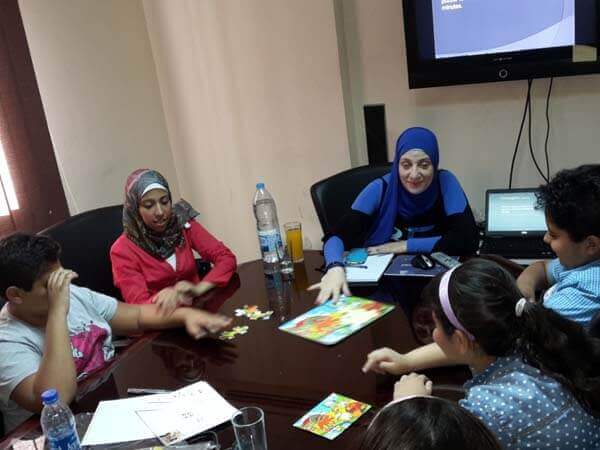What is Autism?
Autism is a complex developmental disability that typically appears during the first three years of a child's life. It is the result of a neurological disorder that profoundly affects the functioning of the brain. It is estimated to occur in as many as 1 in 500 individuals. Autism is 4 times more prevalent in boys than girls. Its prevalence rate now places it as the 3rd most common developmental disability more common than Down Syndrome. Autism is often referred to as a spectrum disorder, which means that the symptoms of autism can occur in many combinations and may range from mild to severe. Children with autism often look normal, but seem to be withdrawn into their own world.
Individuals with autism find it hard to communicate with others and relate to the outside world. Aggression and self-injurious behavior may also be present. Other behaviors exhibited may include repeated body movements (such as rocking and hand flapping), unusual responses to people or attachments to objects and resistance to changes and routines. Individuals with autism may experience sensory problems in the 5 senses of sight, touch, hearing, smell and taste. Although a single cause of autism has not yet been found, recent research links autism to biological or neurological differences in the brain. In many families, there appears to be a pattern of autism or related disability suggesting a genetic basis to the disorder. Even though there is no cure for autism, better understanding of the disorder has lead to the development of interventions and coping mechanisms. With the proper intervention, many of the autism behaviors can be positively changed, appearing to the untrained person that the child or adult no longer has autism. However, the majority of people with autism may still continue to exhibit some symptoms of autism throughout their entire lives.
The following areas are among those that may be affected by autism:
Autism Check List
What’s our role toward autism?
Before moving forward toward any cause acceptance is a must, and because we believe in autistics and believe that they have the right to participate in our community, our role is to help them to e more involved in our society through us, and to help everyone to accept their presence and let them participate, giving autistics their full rights and introducing them to our community is our core objective.
 Lighting the pyramids in blue on the 2nd of April 2015 |
 Universal started giving for the first time practical courses for autistic children to introduce them to the practical life and explore their capabilities |
 Universal cooperated with Misr El khier to donate to orphans bride in upper Egypt Our social responsibility towards our society extents to cover the social, financial, and educational levels and this is why participating to enhance simple peoples life style was is one of our greatest missions. This is why universal participate in funding and supplying orphans marriage. |
Universal believes that supporting NGO’s is a key for social development and this is why we sponsored Egypt autistic society and we supply orphan houses with their needs of home appliances.